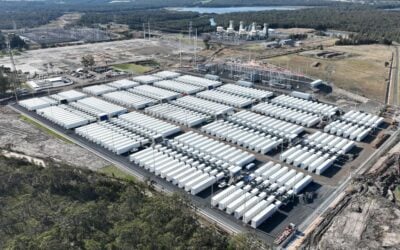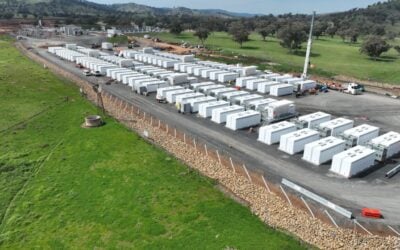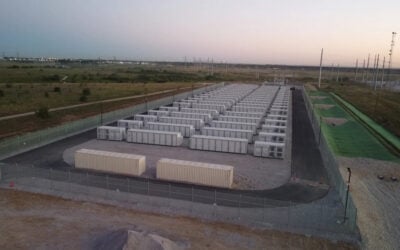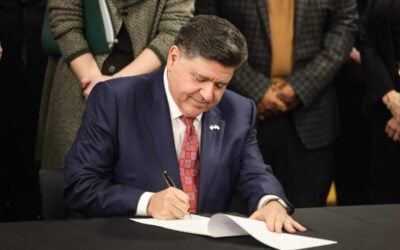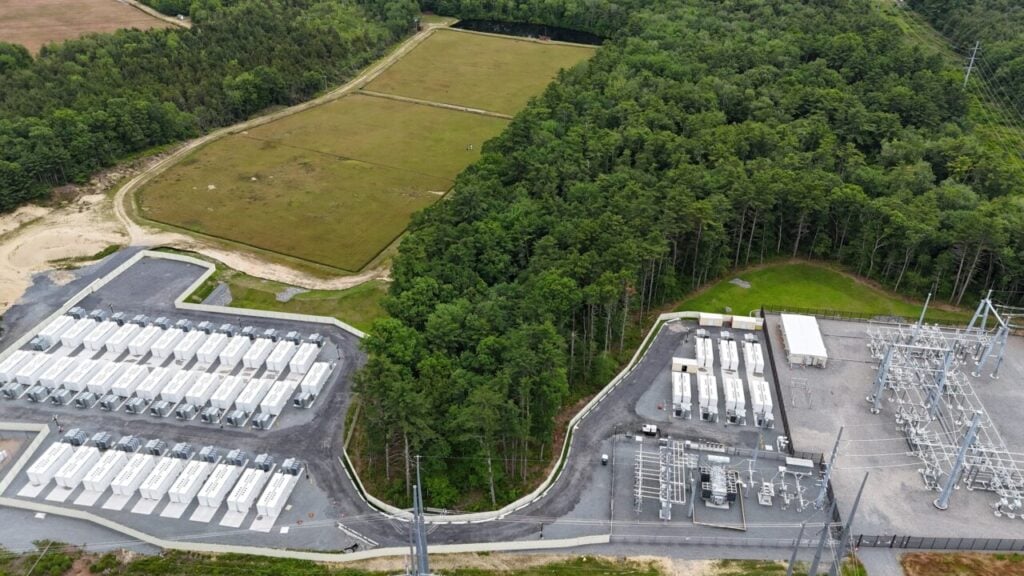
Developer-operator Plus Power has secured US$160 million in tax equity investments from Morgan Stanley for two battery energy storage system (BESS) projects in Massachusetts and Maine, US.
US$95 million is being invested in Cranberry Point Energy Storage in Massachusetts, and US$65 million is being invested in Cross Town Energy Storage in Maine.
The Cranberry Point facility, with a capacity of 150MW/300MWh and located in Carver, Massachusetts, came online in May 2025.
The Cross Town facility in Gorham, Maine, has a capacity of 175MW/350MWh, and Plus Power claims it will be the largest battery in the region when it starts commercial operations in late Q4 2025.
Try Premium for just $1
- Full premium access for the first month at only $1
- Converts to an annual rate after 30 days unless cancelled
- Cancel anytime during the trial period
Premium Benefits
- Expert industry analysis and interviews
- Digital access to PV Tech Power journal
- Exclusive event discounts
Or get the full Premium subscription right away
Or continue reading this article for free
In 2024, Plus Power closed financing for the Cranberry Point facility with First Citizens Bank, Nord LB, Investec Bank, and Siemens Financial Services.
In the same year, the company closed the debt financing for Cross Town with Nord LB, Investec, and Siemens Financial Services.
Across both projects, Plus Power has secured more than US$290 million in debt financing, which includes construction-to-term loans, tax equity bridge financing, and letter of credit facilities.
According to a 2023 petition from Plus Power to the government of Carver, Massachusetts, the Cranberry Point project utilises 82 Tesla Megapack 2XL energy storage solutions.
The project was also among the first BESS facilities to secure a Capacity Supply Obligation with the Independent System Operator of New England (ISO-NE), in 2021.
Plus Power noted that Cranberry Point and Cross Town will contribute to balancing intermittent resources, enhance grid reliability, and help meet demand in ISO-NE.
As of April 2025, ISO-NE reported that energy storage accounted for 45% of the projects in its interconnection request queue.
The independent system operator also reported that, even with significant investments in modernising the transmission system to facilitate the free flow of low-cost power, further upgrades to transmission and distribution systems will be necessary to handle large quantities of diverse renewable energy resources.
ISO-NE further stated that it does not have authority over siting processes or permits. Due to local opposition and other factors, transmission projects in New England often experience lengthy delays before they are realised.

